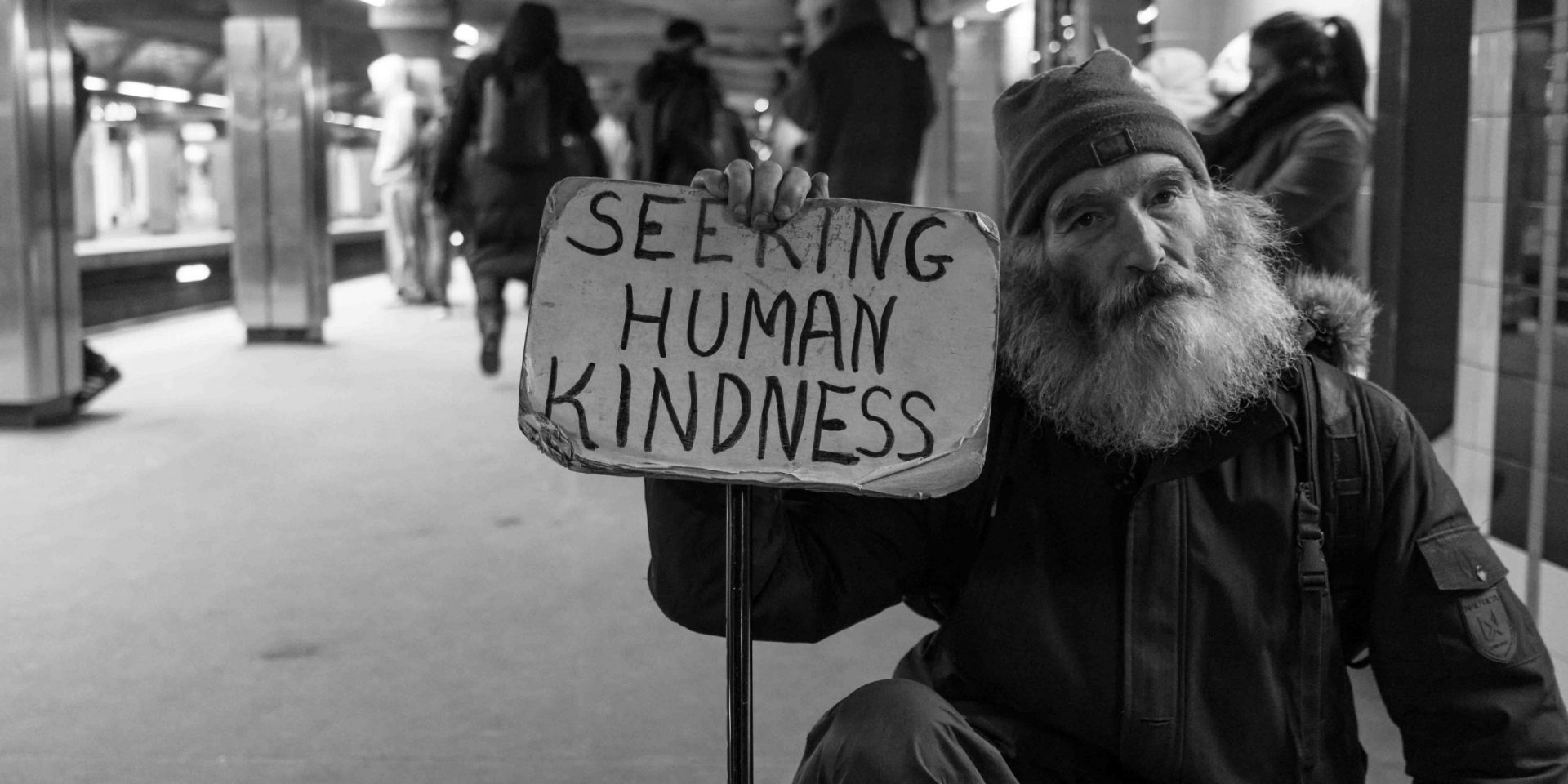Destigmatizing Mental Health and Substance Abuse
Defining Mental Illness
Mentally ill patients are often stigmatized. This stigma can be a social stigma or stigma that the patient has about their mental health. In this blog, we’ll discuss the different stigmas and try to dispel the myths surrounding them.
Mental illness refers to any condition that negatively impacts one’s mood, behaviors, and thinking processes. This definition stretches to include a large group of illnesses that fall within the category. Common mental health disorders include:
- Anxiety and Panic Disorders
- Depression
- Bipolar Disorder
- Schizophrenia
- Substance Abuse
- Eating Disorders
- Borderline Personality Disorder
- Post-Traumatic Stress Disorder
The above list comprises many mental illness diagnoses, but certainly not all. View a more extensive list of mental illness and treatment and support on the National Alliance on Mental Illness’s website.
Mental Illness is an Illness – So Why the Stigma?
If you are someone you love is suffering from a mental illness, it is important to remember that mental illness is a disease that takes the form of a brain disorder. Society doesn’t blame diabetes on the patient, but sometimes can and does blame mentally ill patients for their disorders.
Society stigmatizes mental illness for many reasons. This social stigma stems from the belief that a mentally ill patient may be dangerous, unpredictable, or different. What’s more, some members of society view mental illness as a weakness and blame the patient for not being able to control their symptoms and “snap out of it.” Were that not enough, society also views substance abusers as degenerates and writes them off before offering the treatment that often changes their lives and creates valuable and participating members of society.
Mental Health Stigma in Teens
The mental health stigma is far-reaching, and teens especially feel stigmatized by friends, family members, and teachers. They are an especially vulnerable segment of the population because their brains are not fully developed. In truth, the brain doesn’t stop developing until the age of 25. The combination of battling mental illness and feeling stigmatized is dangerous. Handling a disease at a young age and feeling ridiculed or blamed, can lead to suicidal ideations or actions. Mentally ill teens need treatment for their illness and the freedom to believe they have just as much a right to that treatment as their friend who is suffering from a broken arm.
Breakthrough Recovery Outreach specializes in treating teens who have a mental illness, including substance abuse. Teens learn about their disease and how to personally destigmatize it, and not to stigmatize themselves, counseled by licensed therapists, and offered resources that include prescriptive intervention.
If you or someone you know is feeling suicidal, help is available through the National Suicide Prevention Lifeline (800-273-8255).
Helping Adults Facing the Stigma of Mental Health
Teens are not the only members of society that suffer from mental health stigmatization. Adults, also, often feel stigmatized in the workplace, socially, at home, internally, and even in the media. Think about the media coverage you’ve seen about celebrities suffering from mental illness. They are photographed looking unkempt, acting out of control, and news stories imply they are crazy, rather than sick.
Mental illness is also a trigger for low self-esteem. Patients stigmatize themselves, blame themselves, and often are too embarrassed or ashamed to get treatment. Since mental illness and substance abuse can lead to strained relationships, patients often blame themselves and think poorly of themselves.
The good news is that self-esteem can improve through therapy, treatment, cognitive behavioral therapy, and exercises that help nurture self-worth.
Deconstructing the Mental Health Stigma
Social and personal stigmas about mental illness and ill-founded. They are harmful, discriminatory, and hurtful. Let’s smash the stigma and validate mental illness.
Validation for the Mentally Ill
- Health insurance companies cover treatment. A health insurance company only covers health-related illnesses. It views mental illness as a disease worthy of in-patient and out-patient treatment. If the medical community views, mental health as a disease, we all should.
- Recovery occurs every day! Mentally ill patients, substance abusers, and patients who deal with both mental illness and addiction can recover when they seek treatment. They have success stories that can and should be heard. Support groups and 12 Step Programs are effective because patients can relate to one another, regain hope, and recover.
- The National Institute of Health has an entire website dedicated to mental health. The federal government considers mental illness valid and crucial enough to provide a wealth of resources on the topic. There are dozens of resources on their website, but this one is about recognizing the warning signs of mental illness in children and teens is an excellent starting place.
- There are THOUSANDS of counselors, behavioral therapists, and treatment facilities around the world dedicated exclusively to treating mental illness and helping those afflicted enjoy a better life.
- Mental illness is often the result of a genetic variance. While most of us share the same basic DNA structure, there are small genetic variances between us all. Some of us are genetically predisposed to obesity or heart disease. EVERYONE has genetic variations, and it’s not ok to recognize one as acceptable and another unacceptable. They are all part and parcel of being a human being. Learn about five mental illnesses that are attributed to genetics here.
Break the Mental Health Stigma and Get Help
Breakthrough Recovery Outreach offers a wealth of therapeutic services to help patients who have mental illness and substance abuse conditions. Supportive services include individual counseling, family counseling, yoga, nutrition, mindfulness, and more.
If you, a family member, or someone you love is struggling with anxiety, depression, bipolar, substance abuse, or another mental health disorder, Breakthrough Recovery Outreach is committed to prioritizing care. We’re just a phone call away – (770) 493-7750.




